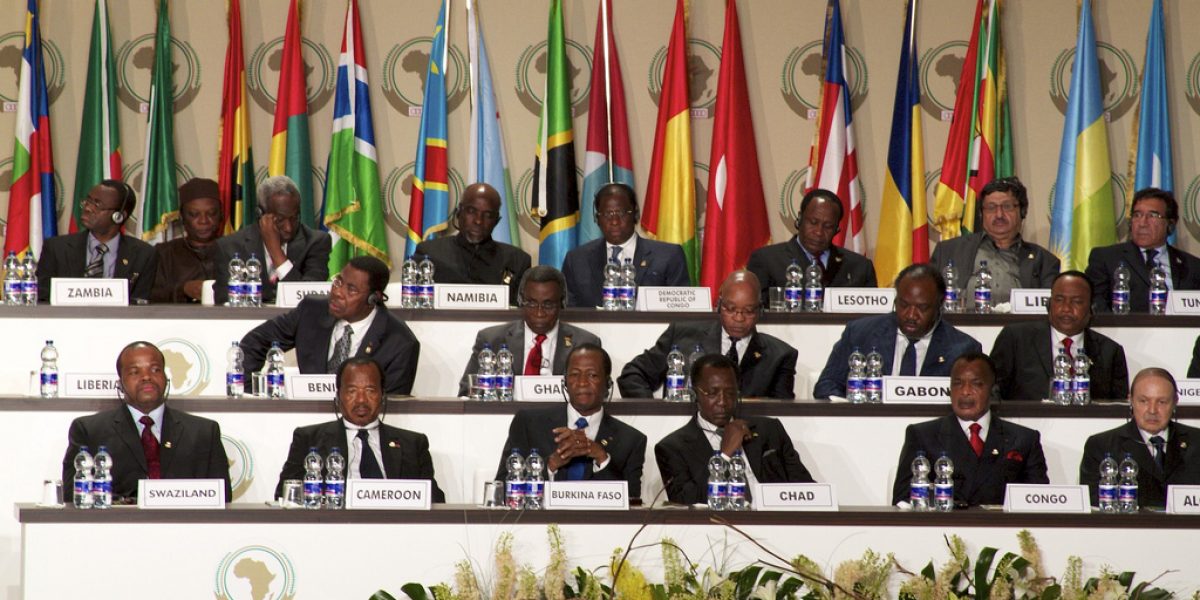Modern economic theory has been shaken to its roots, and its core assumptions are undergoing serious revision. What does this mean to Africa?
The African economy at present is largely driven by the extraction of its bountiful natural resources, or more precisely, the presence of foreign direct investment (FDI) lured by the prospect of scarce resources and profit. Most foreign investors, as well as the international body of Aid donors, have encouraged a Laissez Faire, neoliberal styled governance of Africa’s resources, and for good reason.
Neoliberal economic theory was the champion of the last decade’s commodity boom. Letting the market run free in many African markets sent the growth rates of those resource rich African nations soaring, as China, the US and private investors vied for a slice of Africa’s largely untapped natural resources. Privatisation and open markets allowed foreign investors and their money to enter the African economy on an all new scale, however the depth and breadth of the investment’s penetration into the real African economy is questionable. The worry is that the fruit of the investment is failing to reach African society. A poignant illustration of this is the poverty that co-exists quite literally across the street from Angola and Nigeria’s booming oil industries. The recent financial crisis has forced the nations of the world to take a step back and reassess their economies, the proper place of neoliberal economic theory and the role of government. African nations would be wise to do the same.
Ideally, what African nations such as Angola and Nigeria need is for the private sector to continue driving the economy while also taking on greater social responsibility. Social responsibility should not be a foreign concept to investors, however, since it is a public good, it will naturally be under provided. Improving physical infrastructure and worker productivity are in the direct interest of investors. It is in everyone’s interest, but who is going to pay for it? The public sector is logically suited to the job of providing public goods, however sufficient strength in the public sector usually only comes after a nation has developed its economy, ironically. If a portion of this responsibility could be delegated to the private sector through prudent legislation, such as improving roads and providing healthcare, basic education and pensions for employees and similar benefits for their dependants (similar to what is required in 1st world countries), then the fruit of the private sector’s investment would penetrate further into African society, and the public sector would in turn be strengthened.
The reality is that most African economies are heavily reliant on FDI and are therefore cornered into complying with investors’ demands. These demands include minimizing the cost of doing business. Food for thought however, is that as the US sends its government into the banks to save them from their moral bankruptcy, perhaps the international community should allow similar autonomy to African governments. Allowing them to provide the public goods and to nurture their economies is, after all, in the long term interest of the private sector. Stronger African economies would open up a continent of new consumers to the market. The next question is: how much should African governments nurture, protect and be involved in their economies?
The middle road between economic extremes is where most people who have studied history walk. Privatization and neoliberal economics is indeed a recipe for booming economies, however the private sector needs to be governed or it will fall off of its own galloping horse once more. In the case of most African economies, timing is an additional crucial factor. Rushing privatization and forcing fair competition on vastly unequal contenders has proven disastrous in too many African economies. Privatizing state companies faster than the private sector can internalize them allows government elites to abuse the process. With regards to forcing domestic markets open prematurely, the unfair advantage is the coveted cum unethical Holy Grail of business. Patience should be practiced when privatizing and domestic businesses in African economies could do with some prudent nurturing, before being exposed to the global market. Pressure from the 1st world to do otherwise should be lifted, especially as those standards are currently undergoing revision at home.
The gauntlet for African nations is that enforcing social responsibility and implementing self-protecting government policy is hard to get away with. Foreign investors are scared away easily, and attracting their FDI remains vitally important. Perhaps during this time of global macroeconomic revision and introspection African governments could get away with changing their course ever so slightly, towards a road that is more African minded, while maintaining acceptance from foreign investors. It needs to be African business in African economies that lead’s Africa to its own renaissance.








